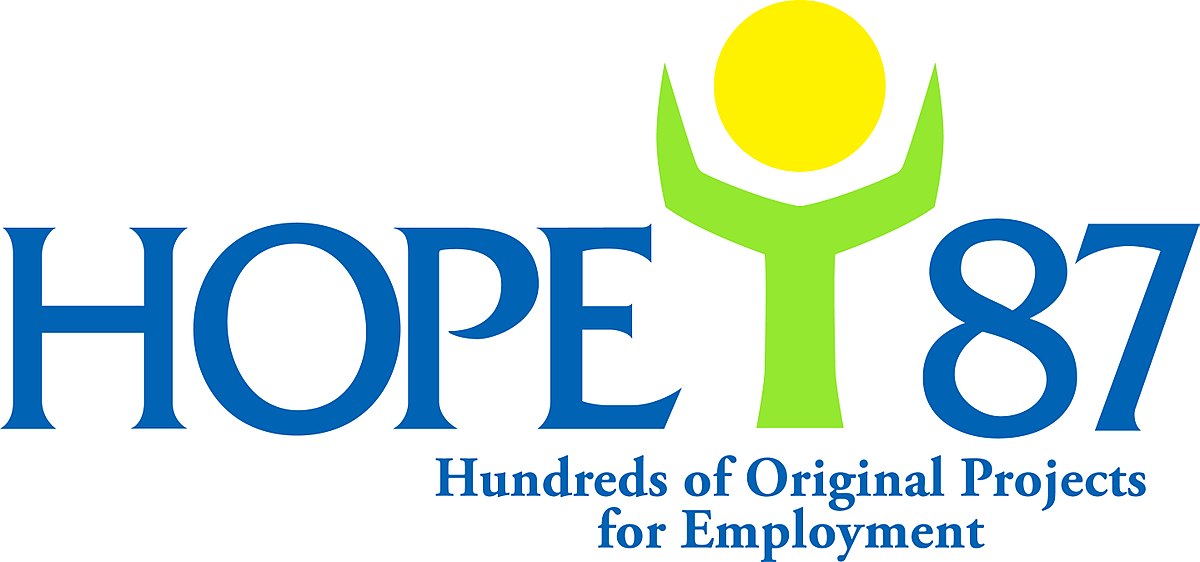The aim of this project, which is financed by the Ministry of Foreign Affairs of the Government of the Netherlands, is to increase the capacity of the refugees and host population civil society actors and communities in Pakistan in order to improve their self-reliance. This will be achieved by reinforcing ownership and independence of in-country partners as well as through the sustainable promotion of localisation activities in order to improve prospects of refugees and host communities in Pakistan.
Currently, the lion’s share of the development cooperation budget for prospects for refugees and host communities and migration cooperation is spent through international and multilateral organisations. Although these organisations have the advantage of operating on a large scale, they are generally further removed from local contexts and knowledge than people from the communities themselves, such as migrants, refugees and host communities. As a result, the voices of those most affected are not heard sufficiently. Multilateral organisations occasionally consult and fund local actors through collaborative structures, but equitable partnerships are often lacking. In addition, local organisations face structural barriers in accessing funds to provide direct services to this target group, diminishing the effectiveness of support to those most affected by migration and displacement.
This project, which will be implemented by HOPE’87 Pakistan, will simultaneously help break this pattern and reinforce the ownership and independence of local actors (in-country partners) and support activities in the field of prospects for refugees and host communities. The in-country partners and organisations led by refugees and migrants can play a major role in this regard, serving as an important lynchpin between migrant and refugee communities on the one hand, and local communities, (inter)national authorities, and (inter)national aid actors on the other. Not only can they enable the voices of refugees and migrants being heard, they can also provide high-quality context analysis owing to their direct involvement and field knowledge and in some cases can act more quickly, flexibly and effectively. The action affirms the importance of localisation as a process of recognition, respect and reinforcing independent leadership and decision-making by local actors in development-oriented actions.
The proposed intervention is capacity building of in-country partners as well as direct funding of incountry partners. This intertwined approach reinforces the ownership and independence of local actors in-country partners and support activities in the field of prospects for refugees and host communities in Pakistan.
The CBOs will be selected through an open tender selection process. They can be 1) Start-up, 2) Developing, 3) Consolidating/Expanding or 4) Functional. The capacities of the selected CBOs will be enhanced in the areas of a) Leadership capacity, b) Management capacity, c) Gender focused capacity, d) Innovation capacity, e) Adaptive capacity and f) Action capacity. In the second step, 10 youth and/or women collectives (YWCs) will be identified jointly with the selected CBOs. These YWC will be informal non registered structures of community representative. Once the capacity building phase is over, the selected CBOs will be provided financial support to identify and implement demand based projects in the sectors of protection, education, economic development and services (such as WASH).
Project Type
Business and other services, in the context of Migration
Project Duration
01/04/2024 to 31/03/2029
Status
Ongoing
Country
Pakistan
Region
District Peshawar, Province Khyber Pakhtunkhwa
Donor(s)
Ministry of Foreign Affairs (MOFA), Government of the Netherlands, HOPE'87















